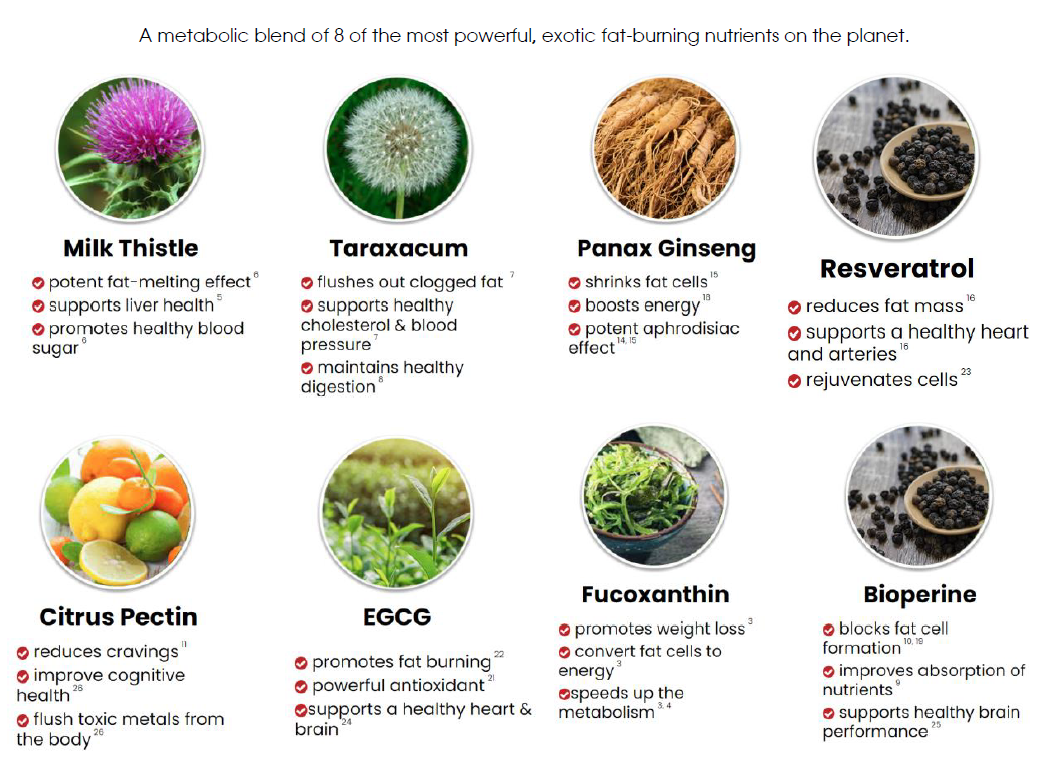The Dangers of Rapid Weight Gain
Generally, gaining weight is seen as a positive thing for a person especially if he or she has been recovering from a certain medical condition or illness. But, this increase in body mass is not always considered positive or good especially if the person is having rapid weight gain.
As defined, rapid weight gain refers to the excessive gaining of weight in a short period of time.
Although it is not always alarming especially if it is caused by overeating due to holidays or vacations or pregnancy which makes women prone to gaining weight, rapid weight gain should be one of the things that people should pay attention to.
Why? Because this drastic change in weight gain can be a bad indicator of health or can be an indicator of impending sickness.
What Causes Rapid Weight Gain?
Aside from the possibility of pregnancy or just gaining weight through overeating, experts say that people who are experiencing rapid weight gain should seek professional or medical help as soon as possible.
Experts say that when people who are suffering from rapid weight gain should go to a doctor for a consultation at the soonest possible time, chances are, they have better fighting chances of the impending health condition.
To most people, rapid weight gain does not only cause them great discomfort but physical and emotional stress as well because they are always thinking of what causes their condition. The following are just some of the causes of rapid weight gain:
- Rapid weight gain can be caused by a serious health condition. Studies show that rapid weight gain—that is not caused by pregnancy or overeating can be an indicator of serious illnesses that involve the endocrine system as well as the heart and lungs of a person.
- It may indicate perilous retention in the body’s fluids. This is very dangerous for the person because he or she might experience fluctuations in the body fluids which can be hard to sustain and monitor.
- Rapid weight gain can be a sign of an imbalance in the body’s nutrients. This is a very common reason why people gain weight. Since they don’t eat the standard size of food servings every meal, the level of the nutrients in the body tends to fluctuate. But, if the person does not have drastic changes in eating patterns and his or her weight goes up suddenly or without apparent reason, chances are, he or she needs medical attention as soon as possible.
- This can be caused by thyroid problems. If the thyroid gets more active than its usual rate, then, rapid weight gain will follow. This is because the thyroid has the ability to control the amount of food intake through the satiety levels of the person. Once it is overactive, chances are, it cannot perform its normal functions and will lead to certain conflicts in the person’s physiological state.
If there is a suspicion that weight gain is caused by a thyroid problem, the person should seek medical attention as soon as possible so he or she can be given proper medications to control the thyroid.
- Rapid weight gain can also be caused by certain food allergies. When a person has allergic reactions to certain foods, things, or smells, he or she can exhibit various body responses such as developing rashes and irregular breathing. In others, the manifestation of these allergies may result in rapid weight gain.
To avoid rapid weight gain caused by allergies, it is always best to be informed about the things that have allergens so you will not have to suffer from gaining too much weight.
DISCLAIMER:
This information is not presented by a medical practitioner and is for educational and informational purposes only. The content is not intended to be a substitute for professional medical advice, diagnosis, or treatment. Always seek the advice of your physician or other qualified healthcare providers with any questions you may have regarding a medical condition. Never disregard professional medical advice or delay in seeking it because of something you have read.
Since natural and/or dietary supplements are not FDA-approved they must be accompanied by a two-part disclaimer on the product label: that the statement has not been evaluated by FDA and that the product is not intended to “diagnose, treat, cure or prevent any disease.”





